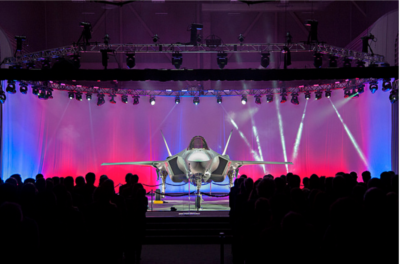Working in public sector consulting presents an opportunity to help citizens stay safe and ensure they have access to the government services they need. Your work may impact organizations ranging from defense to intelligence to civilian and military health. If you have a passion for technology, business, and doing good, odds are there’s a way to channel it into a career in public sector consulting.
The challenge is deciding what career path is right for you. To help, here are some common jobs within the public sector consulting space.
Technology Consulting Analyst
Technology Consulting Analysts work alongside clients to help identify challenges they’re facing and create strategic solutions that fit within that client’s existing business strategy and goals. You will also be focused on optimizing the systems development lifecycle by educating your client’s’ IT team on the improvements and best practices your team puts in place. The most rewarding part? Since you’re working within the public sector, many of your technology solutions will have a direct impact on citizens.
Financial Management Analyst
In this role, your work will touch the entire lifecycle of a client relationship. You’ll help with the financial management of contracts for your company’s clients and make sure the needs of both your clients and your company’s finance team are met. Responsibilities of a Financial Management Analyst include: ensuring teams are in compliance with contract terms, making sure contracts are paid in full, and forecasting revenue based on your company’s sales pipeline.
Intelligence Analyst
In this role, you will likely have four core responsibilities: First, identifying opportunities for a client to improve their business by researching, interviewing, conducting workshops, and using analytics tools. Second, identifying changes a client must make to take advantage of these opportunities. Third, working alongside your clients to design and plan how to implement new business processes and tech requirements. And finally, providing guidance so company leaders, employees, and customers adapt to the new way of doing things.
Software Engineer Analyst
As a Software Engineer Analyst, your job will largely consist of designing, coding, and testing business applications. You will use cutting-edge technologies and processes to help solve some of the most complex technology challenges facing your clients. Your work will have a wide-reaching impact on client success, from initial analysis through implementation of solutions.
Security Analyst
In this role, you will be responsible for using innovative approaches like AI, machine learning, and predictive analytics to stop potential cyber attacks before they happen. Your work will help clients adapt to the constantly changing threat landscape and may span a range of services, including security and risk, cyber defense, digital identity, application security, and managed security. Many entry-level Security Analysts get exposure to each of these areas with the opportunity for future specialization.
If you’re interested in a consulting job within the public sector, you have a wide range of career paths to choose from. Whether you’re looking to work in finance, software engineering, or something else, there may be a position that’s right for you.





